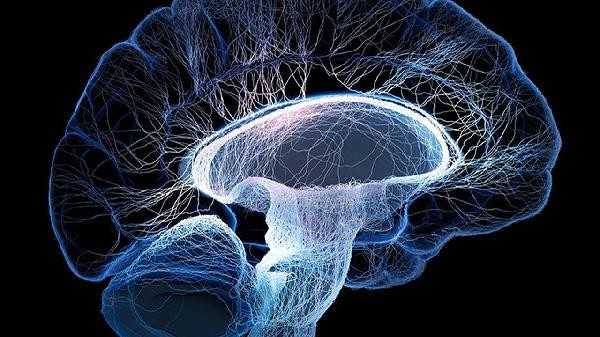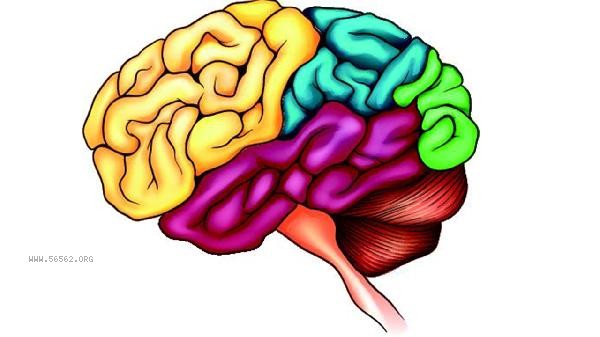Frequent brain wandering may be a normal physiological phenomenon or a manifestation of psychological problems such as attention deficit hyperactivity disorder. The state of distraction is mainly related to factors such as attention regulation mechanisms, psychological stress, sleep quality, brain function status, and environmental interference.

1. Attention regulation mechanism
The default mode network of the brain automatically activates during focused tasks, which is a normal physiological phenomenon. When performing repetitive tasks, the brain regulates cognitive resource allocation through brief distraction. This physiological distraction usually lasts for a short period of time and can autonomously restore attention.
2. Psychological stress effects
Long term exposure to high-pressure environments can lead to functional inhibition of the prefrontal cortex, reducing attention control ability. Anxiety and depression can enhance amygdala activity, making the brain more susceptible to interference from irrelevant thoughts. Moderate mindfulness training can help rebuild attention regulation ability.
3. Sleep quality correlation
Sleep deprivation significantly affects the functional connectivity between the prefrontal and parietal lobes, leading to decreased alertness. Chronic insomnia patients often experience persistent inattention, manifested as the inability to suppress interference from unrelated stimuli. Maintaining a regular schedule can help improve this state.

4. Brain dysfunction
Attention deficit hyperactivity disorder patients have dysfunction of the dopamine system, manifested as the inability to maintain sustained attention. This type of situation is often accompanied by impaired working memory and difficulty in impulse control, requiring professional assessment and intervention. EEG examination can detect characteristic slow wave activity enhancement.
5. Environmental interference factors
Frequent electronic device notifications in modern office environments can constantly interrupt the focus of attention. The noise pollution in open office spaces can also increase cognitive load on the brain. Suggest reducing environmental interference through physical isolation and tomato working methods. Improving the state of mind wandering requires comprehensive intervention. It is recommended to maintain 7 hours of high-quality sleep every day, engage in aerobic exercise to promote blood circulation in the brain, and practice mindfulness meditation to enhance metacognitive ability. The work environment can be set with dedicated time periods and noise cancelling headphones can be used to isolate interference. If it continues to affect daily functioning for more than six months, it is recommended to undergo professional attention assessment in a psychiatric department to rule out pathological factors. Cognitive training games can be tried in daily life, but it should be noted that a single training session should not exceed 30 minutes.








Comments (0)
Leave a Comment
No comments yet
Be the first to share your thoughts!